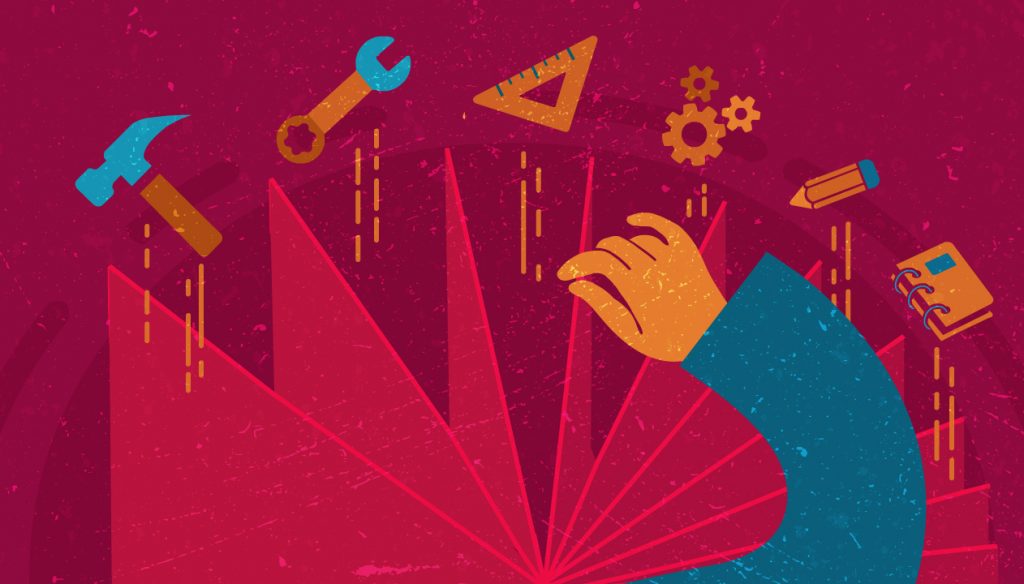We all share a common humanity and strive to meet common needs – we all want to learn, to have peace and good health, to provide for our families and loved ones, and to live free and dignified lives, without discrimination on any grounds. We might not always agree on how to achieve these things, but there is far more that unites us than divides us.
That’s why it’s so important that we have places like the United Nations, where we can solve problems and work together to foster peace, dignity and equality on a healthy planet.
Since its foundation in 1945 with the signing of the UN Declaration, the UN has played a vital role in maintaining peace and security by helping to resolve conflict and harnessing our collective know-how to confront everything from health and humanitarian emergencies to gender inequality.
Currently, 193 member States form the UN and collectively oversee the various functions, forums and services.
Key bodies of the UN include:
- The UN General Assembly – where all Member States are represented.
- The UN Security Council – which has five permanent members and ten rotating members and focuses on issues of peace and security.
- The Economic and Social Council (or ECOSOC) – which consists of 54 members elected by the General Assembly. The Committee on NGOs is responsible for accrediting NGOs with consultative status at the United Nations and reports directly to the Economic and Social Council.
- The International Court of Justice – the main judicial body of the UN which settles, in accordance with international law, legal disputes that States bring to it.
- The UN Secretariat – comprising the Secretary-General and the thousands of international staff members who carry out the day-to-day work of the UN as directed by the General Assembly and other bodies.
The UN has also created specialist agencies that operate independently within set mandates, such as the World Health Organisation – which leads and coordinates global public health efforts, and the World Bank – which provides financial and technical assistance to developing countries.
UN Human Rights
The UN also plays an important role in defining, promoting and protecting human rights. It provides a vital space for individuals and ‘civil society’ – the collective network of not-for-profit and community organisations, unions and other associations that are independent of government – to testify against injustice, confront power, challenge impunity, demand accountability, and push for change.
There is no doubt the world today is a far better, fairer, healthier and safer one than it would be without the UN.
The UN plays a crucial role in defining, promoting and protecting human rights. It helps maintain the agreed global standards, identify violations, pursue remedy and encourage improvement.
It does this through a number of mechanisms, including:
- The UN Human Rights Council – consisting of 47 member States elected from the General Assembly for three-year terms. The Council is where governments and civil society discuss and address the most pressing human rights challenges. It also reviews the human rights record of all member States.
- The Universal Periodic Review is a unique mechanism of the Human Rights Council aimed at improving the human rights situation on the ground of each of the 193 United Nations Member States. Under this mechanism, the human rights situation of all UN Member States is reviewed every 5 years.
- The UN human rights treaty bodies are committees of human rights experts, such as the Human Rights Committee, the Committee on Economic, Social and Cultural Rights, the Committee against Torture, and others, that examine the records and practices of member States and consider complaints that people have made against States.
- Appointed independent experts, known as ‘special rapporteurs’ or ‘special procedures’, to monitor and advocate on specific thematic issues or country situations.
The UN Declaration of Human Rights is the foundational document that forms the basis of international human rights law. It sets out the essential rights and freedoms that should apply to all people.
Some United Nations human rights bodies and mechanisms are comprised of independent experts while others consist of the representatives of governments. The independent bodies are often regarded to have more accurate rulings faithful to the objectives and values of human rights, but at times the peer-to-peer bodies such as the UN Human Rights Council can carry more diplomatic weight and therefore are more likely to prompt more meaningful responses from member States.


